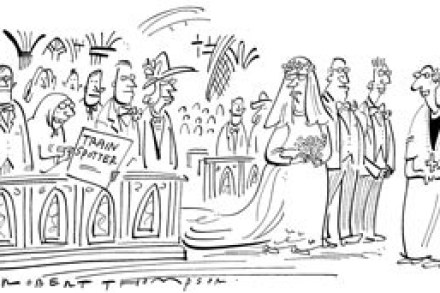Mill! thou shouldst be living at this hour
More from BooksBritain has had few public intellectuals. The one undeniable example was John Stuart Mill who lived from 1806 to 1873 and whose utterances dominated the more intelligent public debates of the mid-19th century — predictably he was keenly studied by Gladstone and mocked by Disraeli. In the last year of his life he was persuaded













